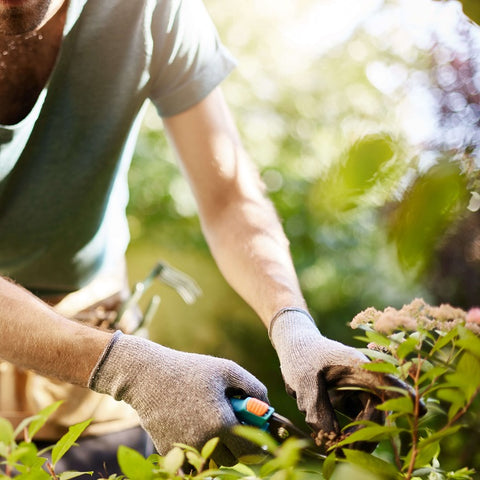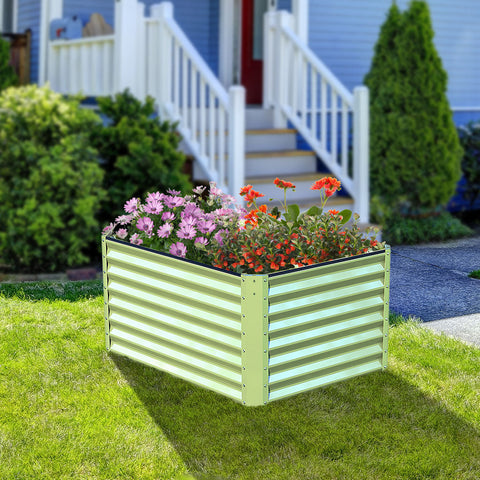Summer is the ideal season to grow vegetables at home. The sun is shining and the temperature is right, which provides good conditions for the growth of vegetables. If you plan to grow vegetables in the summer, here are some tips to help you reap the harvest.The following content also has some reference value for raised garden beds.
- Choose vegetable varieties suitable for summer growth: In summer, the temperature is higher and the humidity is higher, so it is very important to choose vegetable varieties suitable for this environment. For example, eggplant, peppers, cucumbers, zucchini and squash are all ideal for summer vegetables. These vegetables have a high tolerance to heat and humidity and can provide a bumper harvest in summer.
- Have a proper planting schedule: High summer temperatures can adversely affect vegetable growth. Therefore, you should plan your planting time wisely and choose to water and care in the morning or late afternoon. Avoid planting and transplanting in the middle of the day, when the sun is at its strongest, to reduce stress on your plants.

- Provide plenty of water: Summer heat and strong sunlight can cause soil to quickly evaporate, so it's important to keep your soil moist. Watering in the morning or evening reduces water loss and helps plants absorb water and nutrients better. Make sure the soil around the roots of the vegetable plant is moist, but avoid over-watering, which can cause root rot.
- Protect vegetables from excessive heat and sun: Summer heat and strong sunlight can be harmful to vegetables. Provide vegetable plants with some shade, such as a simple sun shade net or a shade canopy to reduce sunlight. In addition, for larger plants, such as pumpkins or tomatoes, use a stand or cage to support the plant and protect it from excessive sun exposure.
- Weed and loosen the soil regularly: Summer is a time when weeds grow rapidly and compete for water and nutrients from vegetable plants. Therefore, regular weeding is very important to keep the vegetable bed clean. In addition, regular soil loosening can improve soil aeration and maintain water balance.

- Fertilize and protect vegetable plants: Summer is the season when vegetable plants grow fast, so they need more nutrients. Use organic fertilizers to replenish the nutrients in the soil and apply them regularly to ensure the plants get the nutrients they need. In addition, pay attention to observe whether vegetable plants are attacked by pests or germs, and take corresponding measures to prevent and control them in time.
Summer is an exciting time and a great time to grow vegetables at home. By following the advice above, planning planting times properly, providing adequate water, protecting plants from excessive heat and sunlight, as well as weeding and fertilizing, you will be able to enjoy a delicious and bountiful harvest of fresh vegetables grown by yourself during the summer months. Have a great summer in your home garden!









